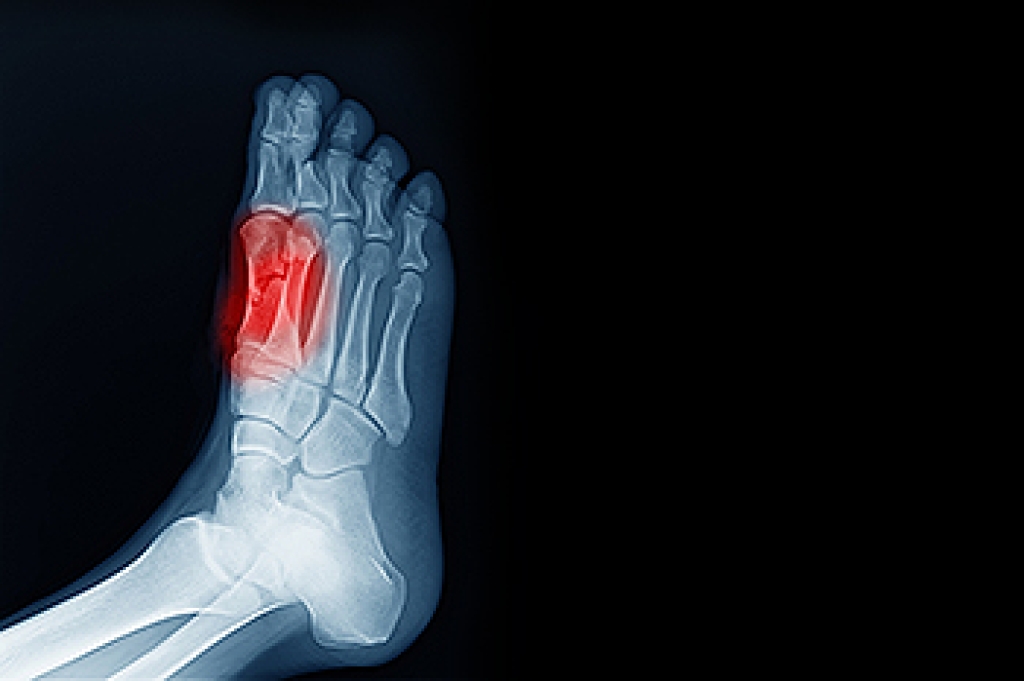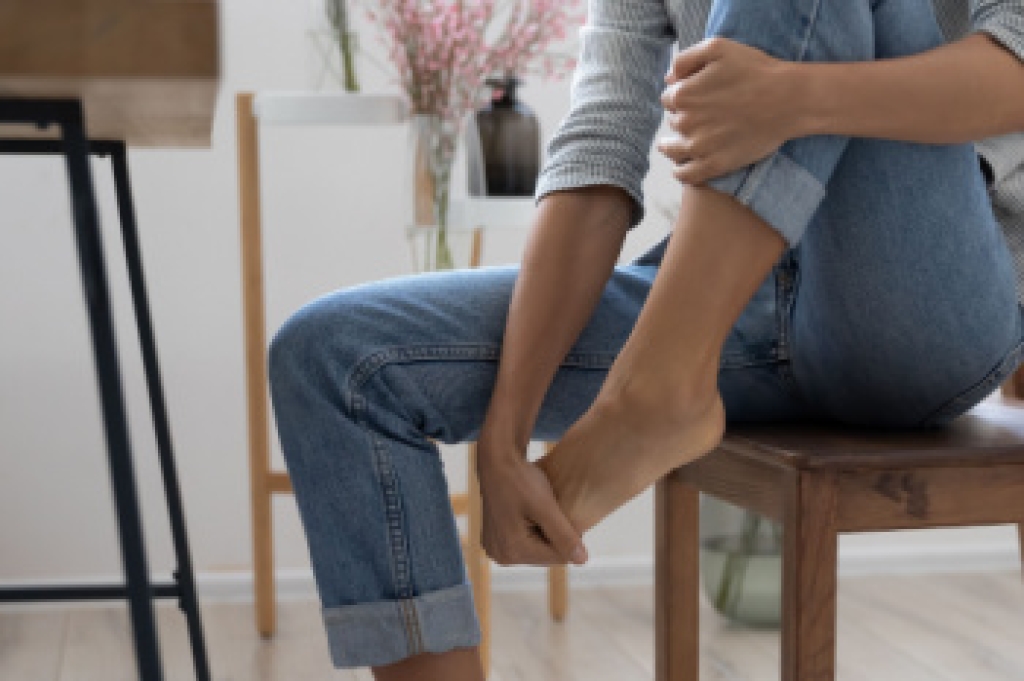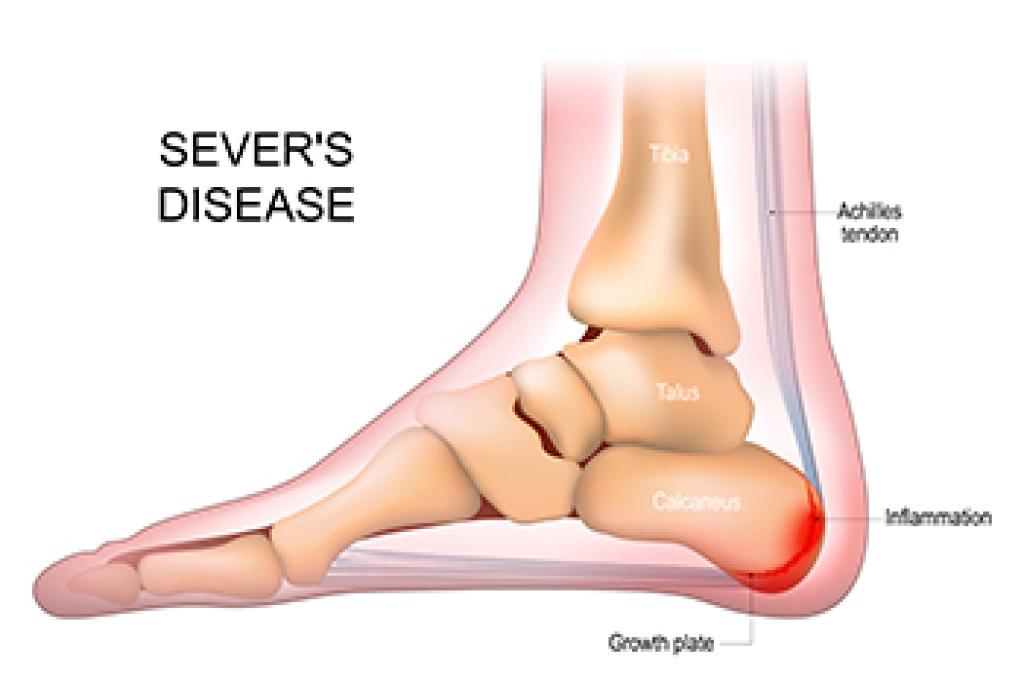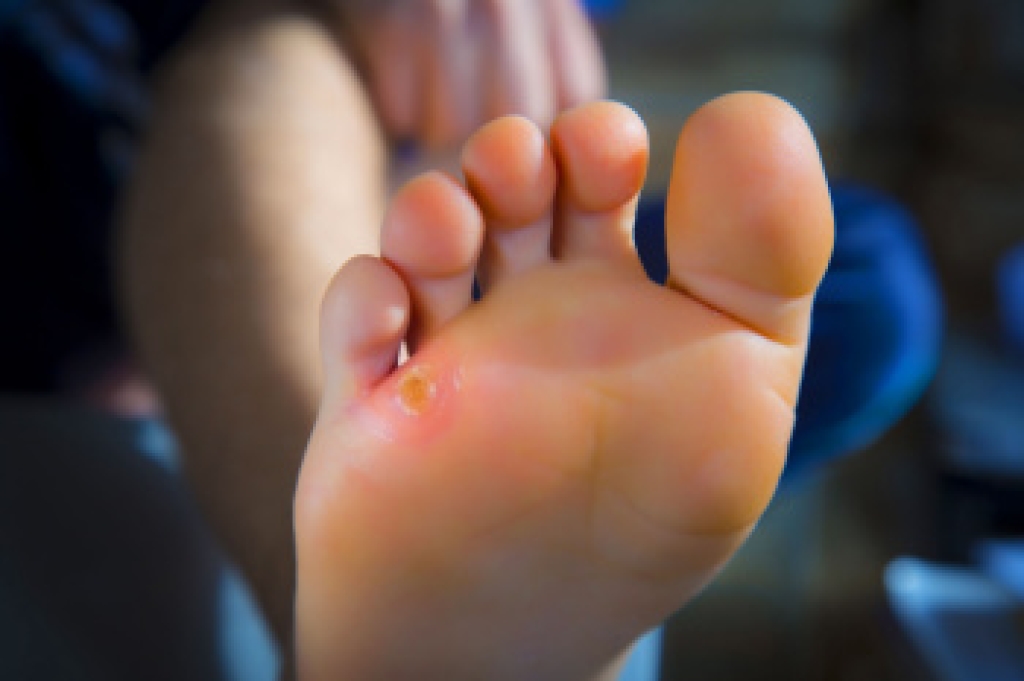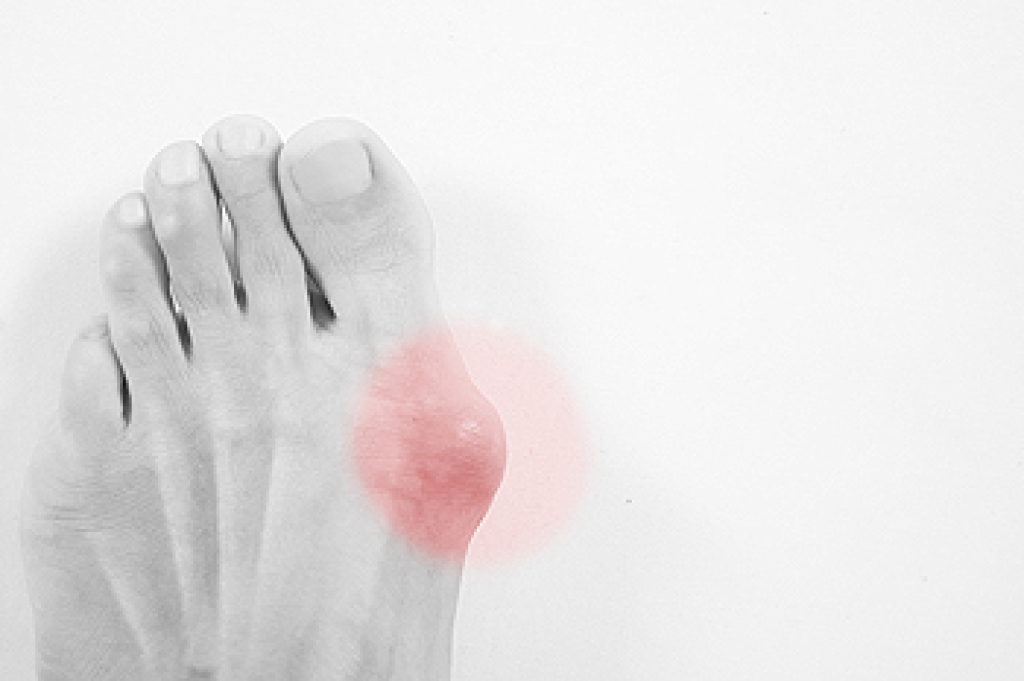
A bunion is a bony enlargement that forms at the base of the big toe when the joint becomes misaligned and shifts outward. This structural change occurs as the tip of the big toe angles toward the other toes. Common symptoms include pain, tenderness, and red, hot, swollen skin over the affected joint. Bunions may develop from inherited foot structure, wearing improper footwear, repetitive stress, or underlying conditions that affect joint stability. Risk factors include family history, flat feet, and working in occupations that place pressure on the forefoot. A podiatrist can evaluate the deformity and recommend personalized treatment options. If you have developed a bunion that is causing pain or discomfort, it is suggested that you consult a podiatrist who can offer effective relief and management tips.
If you are suffering from bunion pain, contact one of our podiatrists of North Penn Podiatry. Our doctors can provide the care you need to keep you pain-free and on your feet.
What Is a Bunion?
Bunions are painful bony bumps that usually develop on the inside of the foot at the joint of the big toe. As the deformity increases over time, it may become painful to walk and wear shoes. Women are more likely to exacerbate existing bunions since they often wear tight, narrow shoes that shift their toes together. Bunion pain can be relieved by wearing wider shoes with enough room for the toes.
Causes
- Genetics – some people inherit feet that are more prone to bunion development
- Inflammatory Conditions - rheumatoid arthritis and polio may cause bunion development
Symptoms
- Redness and inflammation
- Pain and tenderness
- Callus or corns on the bump
- Restricted motion in the big toe
In order to diagnose your bunion, your podiatrist may ask about your medical history, symptoms, and general health. Your doctor might also order an x-ray to take a closer look at your feet. Nonsurgical treatment options include orthotics, padding, icing, changes in footwear, and medication. If nonsurgical treatments don’t alleviate your bunion pain, surgery may be necessary.
If you have any questions, please feel free to contact our offices located in Lansdale, and King of Prussia, PA . We offer the newest diagnostic and treatment technologies for all your foot care needs.
